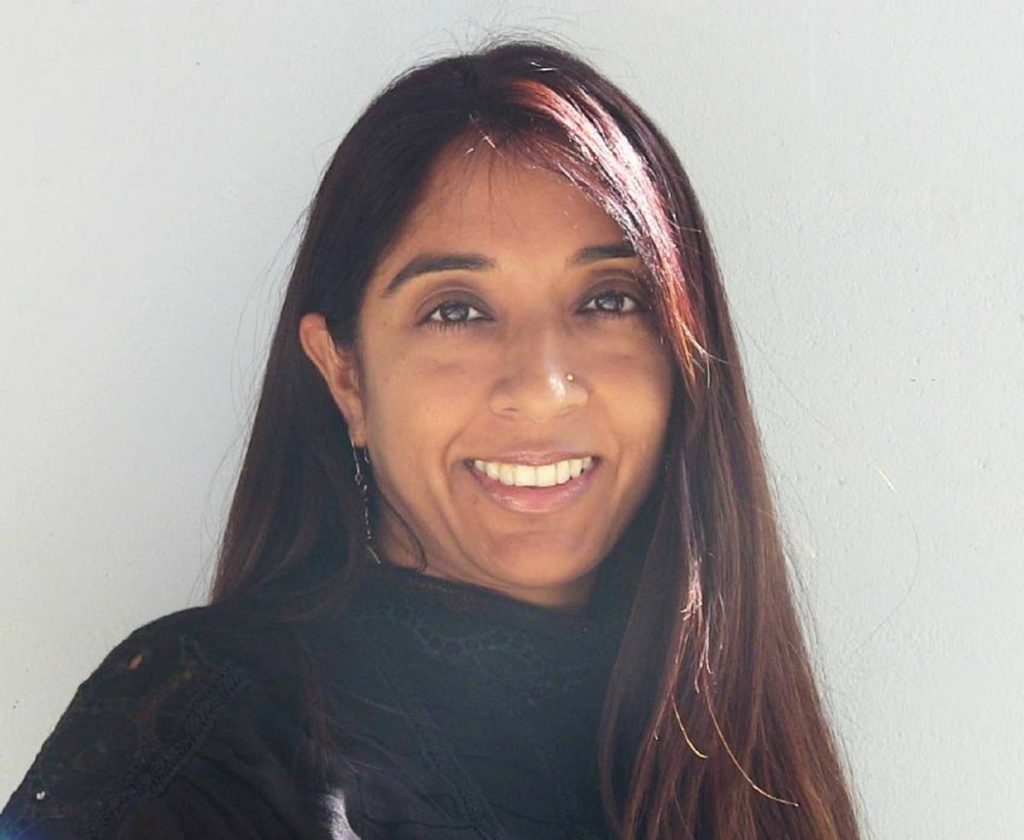The destruction of Chag

Diary of a mothering worker
Entry 338
motheringworker@gmail.com
THERE IS an evening occurrence along the road which rushes through the Chaguaramas peninsula. It is fragile and fleeting, yet marvellous and priceless to observe. I would put money that none who have acquired low-cost leases and are busily privatising the coast has a clue of its existence.
If I was the gambling sort, I’d bet even more money that no minister responsible for that precious area has ever stopped at the side of the road as dusk fell and witnessed the natural habitat of species come to life, at the same time seeing how little we notice or care about its easy peril.
What is the species? Bats. What is so marvellous? There are special parts of the hillside and unique trees that thousands of bats fly out from when daylight begins to darken. You can stand just across the road from them, directly in their path, and feel the wind rush from their wings again and again as thousands emerge into the night, surging skyward just feet from you.
You can hear them as they sweep past your body, barely missing you as they come, manoeuvring trucks thundering by. It’s genuinely euphoric to stand there, awed by life as you barely considered it, like discovering real gold in the midst of everyone obsessing about carnivalesque tin foil.
Bats. So what, right? Most people are afraid of them and feel that such fear justifies getting rid of them for something better, preferably in concrete, without too much bush, but plenty bright lights and heart-arresting amplification, even in what should be a protected, dark and quiet corner of our national ecosystem.
For me, the prized parts of our nation, the aspects I feel most patriotic toward, have nothing to do with wearing red or waving a flag or terrifying domestic and foreign animals with fireworks. For me, it often comes down to searching out those unimaginable experiences that rely on a delicate and easily-lost combination of our own history and nature.
Independence isn’t about becoming an owner of the place, it’s about a sense of responsibility for all its cultural and biological diversity. It’s about humility toward all its inhabitants, for they have just as much claim to God as to legal protection.
There’s a way that the privatisation of this coast, which dismisses the spirit of the 1974 Chaguaramas Development Plan, feels shallow and greedy. There’s a way that focusing your eye on a nice piece of property to lease makes me wonder if you’ve ever wandered through this ecosystem, and understand anything of its interconnections. It makes me wonder if you’ve ever seen a pink-toed tarantula sitting quietly like rare diamond or if you’ve thought about the wild caiman that used to live at the mouth of the river before it was bridged up and gentrified.
That same caiman may have surprised bathers at Williams Bay, venturing there as its ancestors might have for generations, before finding itself now imprisoned in the zoo, no longer free. Crouching in the bush, I watched it with Ziya when she was four, warning her she would be one of the few children in the country to ever witness this species, this very caiman, at that bank of the river, at home in its habitat. Now, no more.
This is what I mean by precious and fleeting. Future construction will lead to those trees, which are home and pathway to so many thousands of bats, being cut down, and that very magical spot disappearing before we even bother to recognise its value. We cannot bring back animals, birds and insects when we destroy their traditions, families and spaces, and we often haven’t thought about their relationships to other species, including ourselves.
As I stood at one spot, grateful to see those places where our immense biodiversity still takes one’s breath away, I knew that anyone who witnessed this would appreciate the whole social-economy around our environment – which we are killing rather than conserving. Here I was, in Chaguaramas, experiencing its greatest public wealth, for free. How clear, under brightening stars, that investment which prioritises what is man-made is sheer folly and conceit.
This wonderous few feet of valley, with hills on both sides, is a tunnel from the past to the future. What the CDA thinks of as development will soon leave it destroyed and gone, despite the centuries it took to form. Before that happens, Zi will again go with me to learn what it means to treasure and, perhaps, mourn.


Comments
"The destruction of Chag"